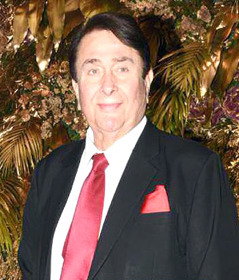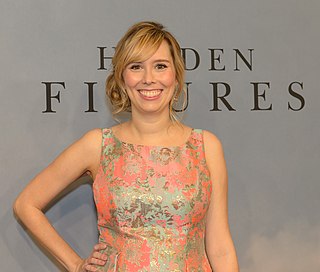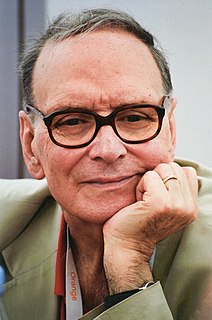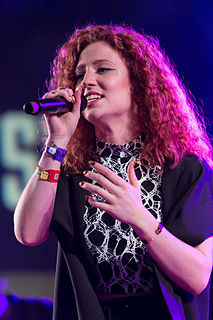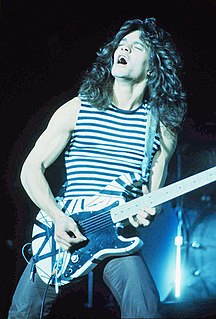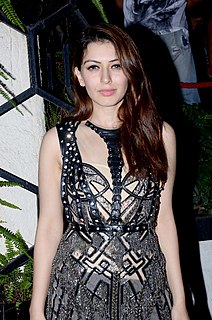A Quote by Randhir Kapoor
While making my first film as a director, my father and grandfather used to ask me to explain the scenes by performing them myself first, so that I could improve my skills.
Related Quotes
There was an email forwarded to me from a first-grade teacher, and she said she was teaching them civil rights for MLK weekend, and a little first-grader stood up, and he said, 'I can explain segregation,' and proceeded to explain all the scenes from 'Hidden Figures.' And I died because that's everything.
Me and Kirby are very collaborative and it changes from film to film. The first project we worked on together, Derrida, we co-directed. The last film Outrage, I was the producer and he was the director. This film was much more of a collaboration - he is the director and I am the producer - but this is a film by both of us.
We made 'Mickey and the Bear' with barely any money with a first-time director, a first-time director of photography, and a crew who had just graduated from NYU film school. We were all very much in this together for the first time. There's no famous actor or big explosions. It's not a Marvel movie. I thought nobody was going to see this film.
Popularity doesn't bother me. It attests to the affection and comprehension of the public. The important thing is to retain the pioneer spirit. I profoundly love the profession, and I work on each film as if it were the first - and the last. Giving the best of myself. Many of the 'greats' ask their arranger to write their scores for them. Me, I write all alone, from the first note to the last. All.
I've always liked the idea of inventing stuff. My father told me, because I was naïve, I would think things could work and therefore do them, because I would have no doubt even though there was no solid foundation for this confidence. I don't think I would be a real inventor. But when I set out to do animation, which was my first step into film-making, I realised I could achieve this idea. I could take some elements, create a sort of clumsy invention, and make them work for the camera.
Your first film is always your best film, in a way. There's something about your first film that you never ever get back to, but you should always try. It's that slight sense of not knowing what you're doing, because the technical skills you learn - especially if you have a film that works, that has some kind of success - are beguiling. The temptation is to use them again, and they're not necessarily good storytelling techniques.
It does not feel any different being directed by a first-timer as long as I am convinced that the director is passionate about the film he or she is making. If you get a sense of their vision for the film and their aesthetics of your performance, then it does not matter whether you work with a new or an experienced director.
Not only do I look at the playback with the actors, but I look at the on-set assembly footage with the sequences with my actors as well. These are the reasons why I take twice as much time to shoot a film in Korea. Thinking back, I remember on my first ever Korean film, I never used any playback or on-set assembly, so all I had to do was to tell myself it's just like making my first ever Korean-language film. After that, I felt right at home.
